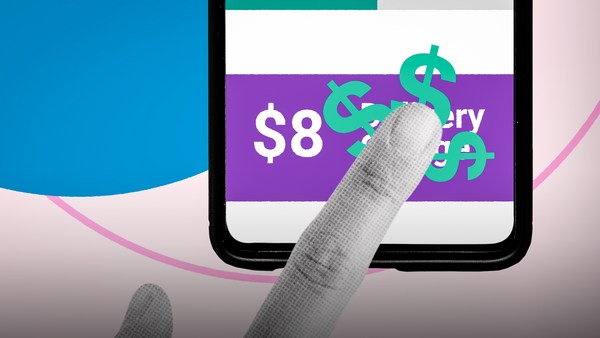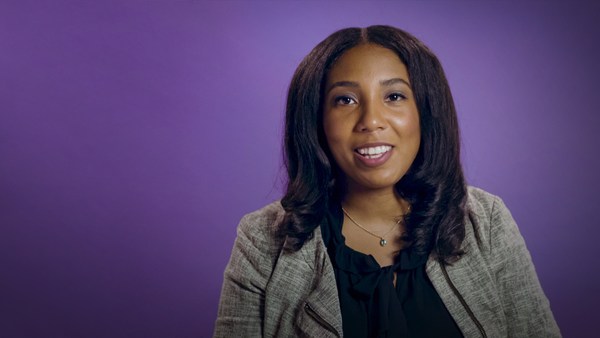You know how your partner likes their coffee, what love language they speak and even their medical history. But how much do you know about their finances?
[Your Money and Your Mind with Wendy De La Rosa]
Chances are, you and your better half are among the 78 percent of people who would rather share their full dating history and all of that drama and all of that baggage that comes along with it, rather than to disclose your full financial history. And yet research shows that your significant other has a large influence on a whole host of your behaviors. Understanding how they handle money is a great way to prevent strife and misunderstandings. In fact, financial disagreements rank as the strongest predictor of divorce. So my tip here is that if you want to strengthen your relationship, it's time to talk about the money.
You might be thinking, "My partner and I don't need to talk. My partner takes care of the money," or vice versa. But a 2018 study of heterosexual couples shows that in these situations, the partner who takes on all of the responsibility, the one who manages all of the financial tasks, they become more and more proficient at financial management over time. But the other person, the person who has given up all of their financial responsibilities, their financial management capabilities decline over time. And what if something happens? Maybe you break up, maybe it doesn't work out, or, God forbid, maybe your spouse dies too early. If the person who wasn't responsible for the money management ends up on their own, that person oftentimes struggles to regain their financial skills, making it more and more difficult for them to navigate the world alone. And 75 percent of the time, it's the women who outlive the men.
For the partner who hasn't taken on the money management role, it's like forgetting a foreign language: when you stop using it, you lose some of your ability to understand and communicate in it. But if you keep that financial immersion going, so does your fluency. Being open about your finances can be very scary, but it can also be very rewarding. Experiments have shown that shared vulnerability establishes a greater sense of trust, cooperation and intimacy in relationships.
So to get you started, I, along with a couple of colleagues, developed a list of 10 conversation starters. Here are just three. Number one: What are your long-term financial goals? What do you want to accomplish together? Number two: How do you measure your financial success? Is it a house with a white picket fence, or is it having the ability to live anywhere around the globe? Number three: What's the one thing you wish your parents would have done differently financially? As a university study found, it's important to answer these questions together because joint decision-making, making decisions as a couple, oftentimes results in taking fewer risks that in turn can lead to higher savings.
Now, I'm sure you intuitively understand that open, honest conversations with your better half are beneficial. And I understand that it's difficult to get started, especially when talking about money. But a great first step is just to put some time on the calendar so that you two can have a nice financial chat. Take out your phone right now, set the calendar invite. Your future self will thank you.





